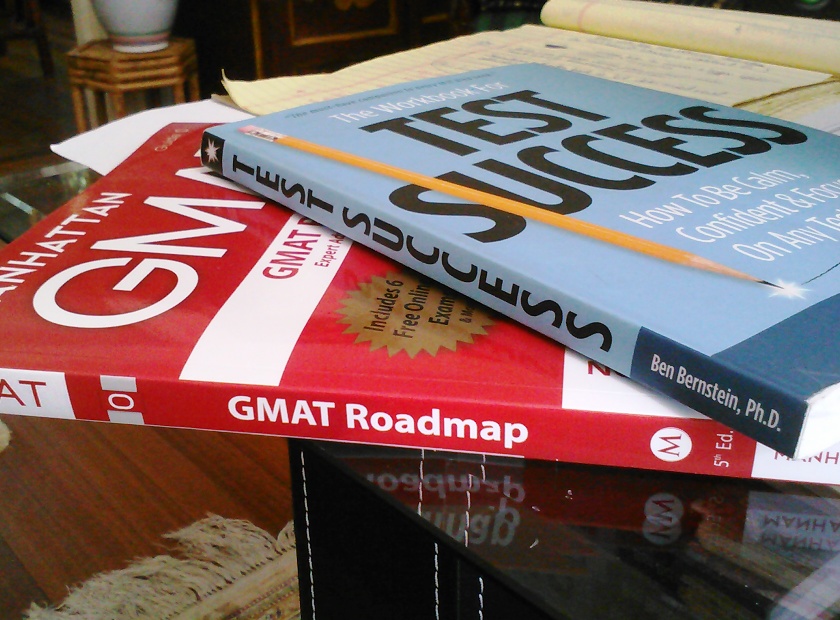Apply Now or Later? Business School Age Range
“When should I apply?” “Am I too old to apply to business school?” Those are often the first things students ask when planning their MBA application process. The highly personal answer depends on both strategic and tactical considerations.
The Decision is Part of Your Career Strategy
The “when” question is strategic because an MBA application requires asking yourself big questions about your career and where you want to go next. Often these decisions depend on the experience you already have. If you are looking at full-time programs, that means you have to figure out whether you have enough experience to convince an admissions committee that this is the right time to leave your current job and take on the hard-core leadership and managerial training to set you up for the next phase. Remember, the admissions committee is trying to determine your value added to your future stakeholders: classmates, faculty, and alumni.
But I Hate My Job!
That’s among the worst reasons to apply to business school. It’s really better to apply from a position of strength. Sometimes you just need one more year to gain more work autonomy, or you might want to switch functions to round out your experience, or even push yourself in a completely different direction. If you are not sure now is the time , then you are probably not ready.
Is there a target number of years? Not exactly. Most schools publish their average age and years of experience on the class profile page.
You’ll see that over the past 10 years, Harvard Business School’s students matriculated with a range of 41-54 months of full time experience. And there’s a standard deviation of a about year around that, giving you a plenty to work with.
If you are on the young side, think hard about the quality of the challenges and emotional intelligence you’ve demonstrated to influence outcomes. Remember, your teammate may be an astronaut, a West Point-educated Tesla employee, a prize-winning athlete, or just a high-performing consultant. Do you bring enough maturity, self-awareness, and resilience to add to your teammate’s experience? It’s quite a tall order, and that’s why admission to the top schools is so competitive.
You’ll note that I’m not writing too much about someone with many years of experience. In that case, your question is not “when?” but “if?” If you think you are on the “more experienced” side, then don’t wait. For a good, balanced perspective on the “too old” question, take a look at Wharton’s (now defunct) Student2Student forum (answers saved at the link).
Round 1, 2, or 3?
The decision about Round 1, 2, or 3, is more of a tactical one. I’m writing this article in the first week of January, so chances are, if you are reading it in early 2017, you probably have already missed Round 2. However, if you are thinking of next year, all things being equal (and they never are) I recommend Round 1. You’d rather have an admissions reader who is fresh and not looking to fill a gap in a class that’s already half-full. Furthermore, as a practical matter, Round 1 lets you enjoy the holiday season more, and your family with thank you for that.
This does not mean that Round 2 is an overly-tough round. Thousands of students apply and are admitted in the second round. Many have skipped on the first round because they haven’t done enough personal reflection to make sure their story and purpose are clear. Others wanted to take the GMAT score again, and for others, life got in the way. All of these are great reasons to postpone to Round 2.
Wrangling Recommenders
Recommendations are often overlooked when considering your tactical timing. I call this wrangling recommenders. You’ll need to brief and rally your recommenders to make sure they do the very best job for you. It is your job as project manager of your application to take this part of the application seriously. You will want them fully on your side, and the whole process WILL cost you some political capital. And no, you cannot write your own recommendations and just have them tweak and sign. That’s wrong.
Am I Crazy to Apply Round 3?
Finally, it’s come to this: the Round 3 question. I personally know or have worked with students who have gotten into every top school in the country that has a third round. (MIT does not). The odds are against you, but if your tactical timing is right, then it may just work. As Dee Leopold, head of Harvard Business School admissions says,
“We like Round 3 enough to keep it as an option. Although we have admitted about 90% of the class by this time, we always – ALWAYS – see enough interesting Round 3 applicants to want to do it again.”
Yes, it is a little on the late side, and if you are just starting to think about taking your GMAT, you probably should delay until next year. But! If you are already in the process, and ready to go, you may not be as crazy as you think.
The choice is always yours. Whenever you decide to apply, make sure you execute well. That probably means you shouldn’t rush. Business school is a big decision and a bigger commitment, so you should apply when you feel you are presenting your best, true self.
This prompt is partly about your ability to plan logically and partly about your ability to envision a wild future.






